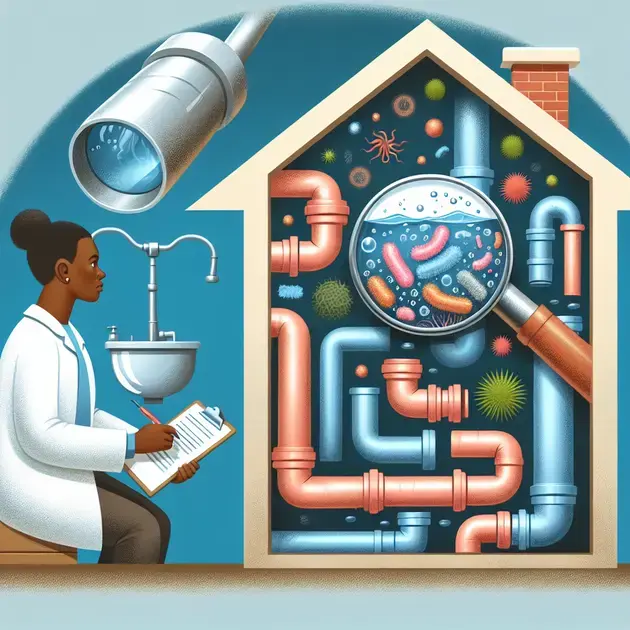“`html
The Microbial Ecosystem in Household Plumbing: Ensuring Clean Water Flow
Household plumbing systems are often viewed merely as a network of pipes, fixtures, and appliances designed to deliver clean water and remove waste. However, beneath the surface lies a vibrant ecosystem teeming with microbes. These microorganisms play a crucial role in maintaining the health of our plumbing systems and ensuring the quality of water that flows into our homes.
Environmental engineers are increasingly recognizing the importance of studying these microbial communities. Their focus extends beyond just the physical structure of plumbing systems to explore the intricate relationships between various microbial species and their impact on water quality. By understanding these ecosystems, engineers aim to develop better practices and technologies to enhance water safety.
One of the primary concerns with household plumbing is the potential for contamination. Over time, pipes can accumulate biofilms—layers of microorganisms that can harbor harmful bacteria, such as E. coli or Legionella. These bacteria can pose serious health risks if they enter our drinking water. Therefore, monitoring and managing these microbial communities is essential for preventing outbreaks of waterborne diseases.
Environmental engineers are employing advanced techniques to study these microbial ecosystems. Techniques such as metagenomic sequencing allow researchers to identify the diverse array of microorganisms residing in plumbing systems. This knowledge helps them understand how different species interact and how they respond to changes in their environment, such as temperature fluctuations or the introduction of new substances through detergents or disinfectants.
Additionally, engineers are exploring innovative solutions for maintaining healthy plumbing ecosystems. For instance, they are investigating the use of natural biocides and non-toxic treatments that can effectively control harmful bacteria without disrupting the beneficial microbial communities. This approach is essential for fostering a balanced ecosystem that ensures clean water while minimizing environmental impact.
In conclusion, the microbial ecosystems present in household plumbing systems are vital to the integrity of our water supply. As environmental engineers delve deeper into these communities, they pave the way for improved water quality and safety in our homes. By prioritizing the study and management of plumbing microbiomes, we can ensure that clean water continues to flow freely and safely into our lives.
“`
